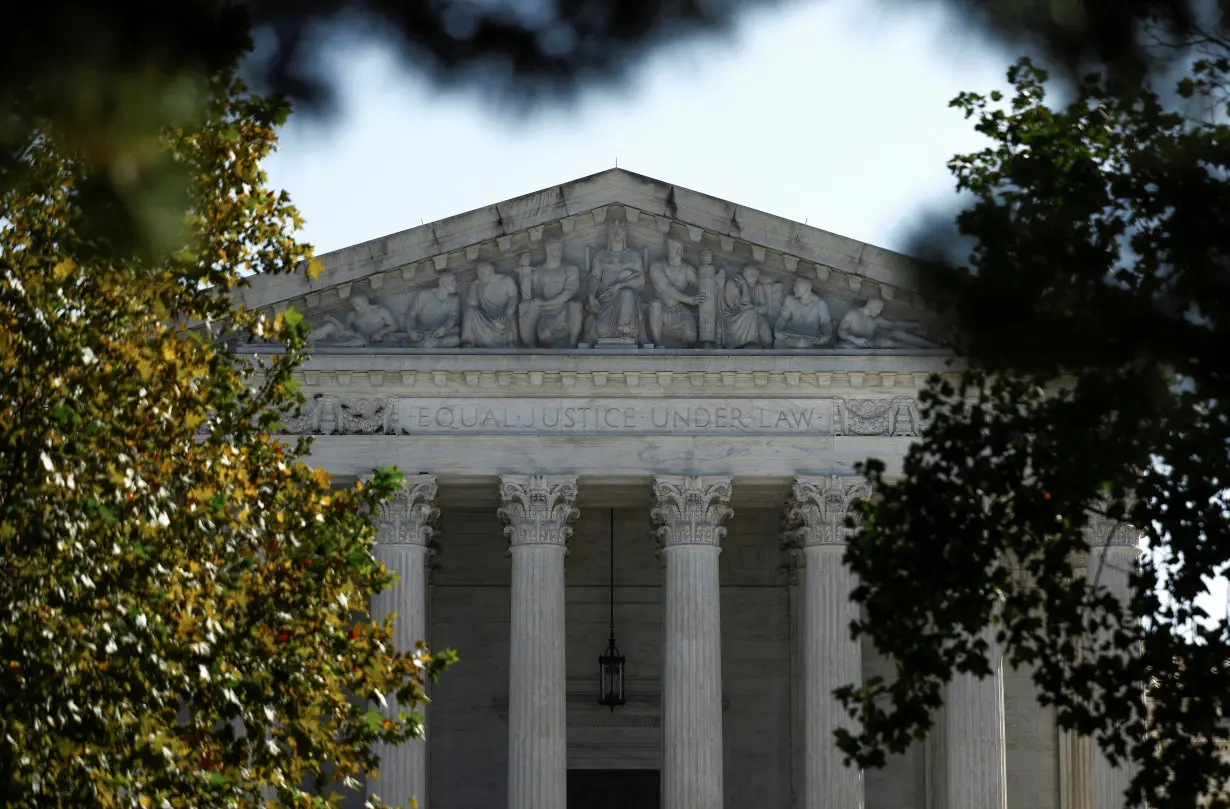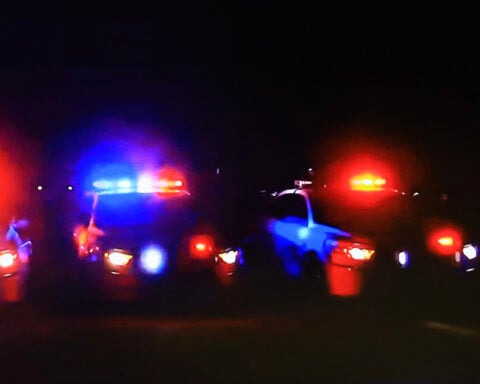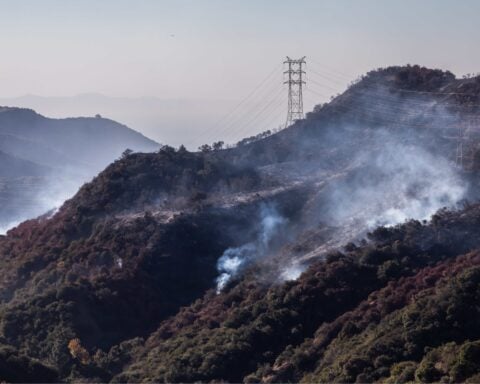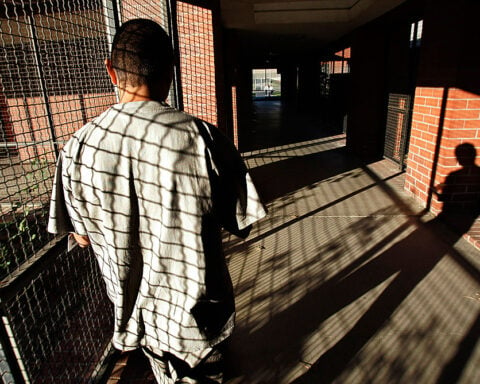By Andrew Chung
(Reuters) - The U.S. Supreme Court on Monday declined to hear North Carolina's defense of a state law aimed at preventing hidden-camera investigations from damaging farms and other businesses in a challenge by People for the Ethical Treatment of Animals (PETA) and other animal rights groups.
The justices turned away appeals by North Carolina's Democratic Attorney General Josh Stein and a trade association representing North Carolina farmers of a lower court's ruling that the 2015 law violates the U.S. Constitution's First Amendment right to free speech when enforced against "newsgathering activities." The lower court sidestepped deciding the law's validity in certain non-newsgathering contexts.
PETA has said it conducts undercover investigations to expose the abuse of animals in laboratories, farms and slaughterhouses, the pet trade, clothing industry and other areas. It has said it had wanted to conduct an undercover investigation of animal testing labs at the University of North Carolina but feared the threat of monetary damages from the state law, which critics call one of several "ag-gag" measures around the country aimed at restraining animal rights activists.
PETA said it was celebrating Monday's decision to turn away the appeals.
"Ag-Gag laws are a desperate, last-ditch attempt by animal exploiters to smother free speech and hide appalling cruelty to animals from a public that is increasingly disinclined to tolerate it," PETA Foundation General Counsel for Animal Law Jared Goodman said.
Stein's office said it was reviewing the decision.
PETA, the Animal Legal Defense Fund and several other organizations sued in 2016 to block the law's enforcement, saying it targets the free speech of whistleblowers.
The law allows a business or property owner to sue "double-agent" workers who make secret recordings or remove documents from non-public areas and use the information to "breach the person's duty of loyalty to the employer," to recover monetary damages for the violations.
The state, represented by Stein, said the law would protect all employers against a wide range of harms, such as unauthorized use by employees of trade secrets, campaign strategies or patient information.
The Richmond, Virginia-based 4th U.S. Circuit Court of Appeals ruled in February that the law violates the First Amendment when enforced against "newsgathering activities," such as those pursued by PETA and the other plaintiffs.
Stein had told the justices that "newsgatherers have no First Amendment right to break generally applicable laws," such as against trespassing.
Various activist organizations on the left and right carry out undercover investigations intended to expose wrongdoing, sometimes being accused of selectively editing video to make their subjects took bad.
(Reporting by Andrew Chung in New York; Editing by Will Dunham)

 Japan's Makino Milling requests changes to unsolicited bid from Nidec
Japan's Makino Milling requests changes to unsolicited bid from Nidec
 South Korea's Yoon likely to be held in a solitary cell
South Korea's Yoon likely to be held in a solitary cell
 Michigan Gov. Gretchen Whitmer, a potential 2028 candidate, wants to find common ground with Trump
Michigan Gov. Gretchen Whitmer, a potential 2028 candidate, wants to find common ground with Trump
 Trump's Greenland bid stirs debate in China about what to do with Taiwan
Trump's Greenland bid stirs debate in China about what to do with Taiwan
 Inflation duo takes centre stage
Inflation duo takes centre stage
 Manatees congregate in warm waters near power plants as US winter storms graze Florida
Manatees congregate in warm waters near power plants as US winter storms graze Florida
 As Los Angeles burns, Hollywood's Oscar season turns into a pledge drive
As Los Angeles burns, Hollywood's Oscar season turns into a pledge drive
 As fires ravage Los Angeles, Tiger Woods isn't sure what will happen with Riviera tournament
As fires ravage Los Angeles, Tiger Woods isn't sure what will happen with Riviera tournament
 Antetokounmpo gets 50th career triple-double as Bucks win 130-115 to end Kings' 7-game win streak
Antetokounmpo gets 50th career triple-double as Bucks win 130-115 to end Kings' 7-game win streak








